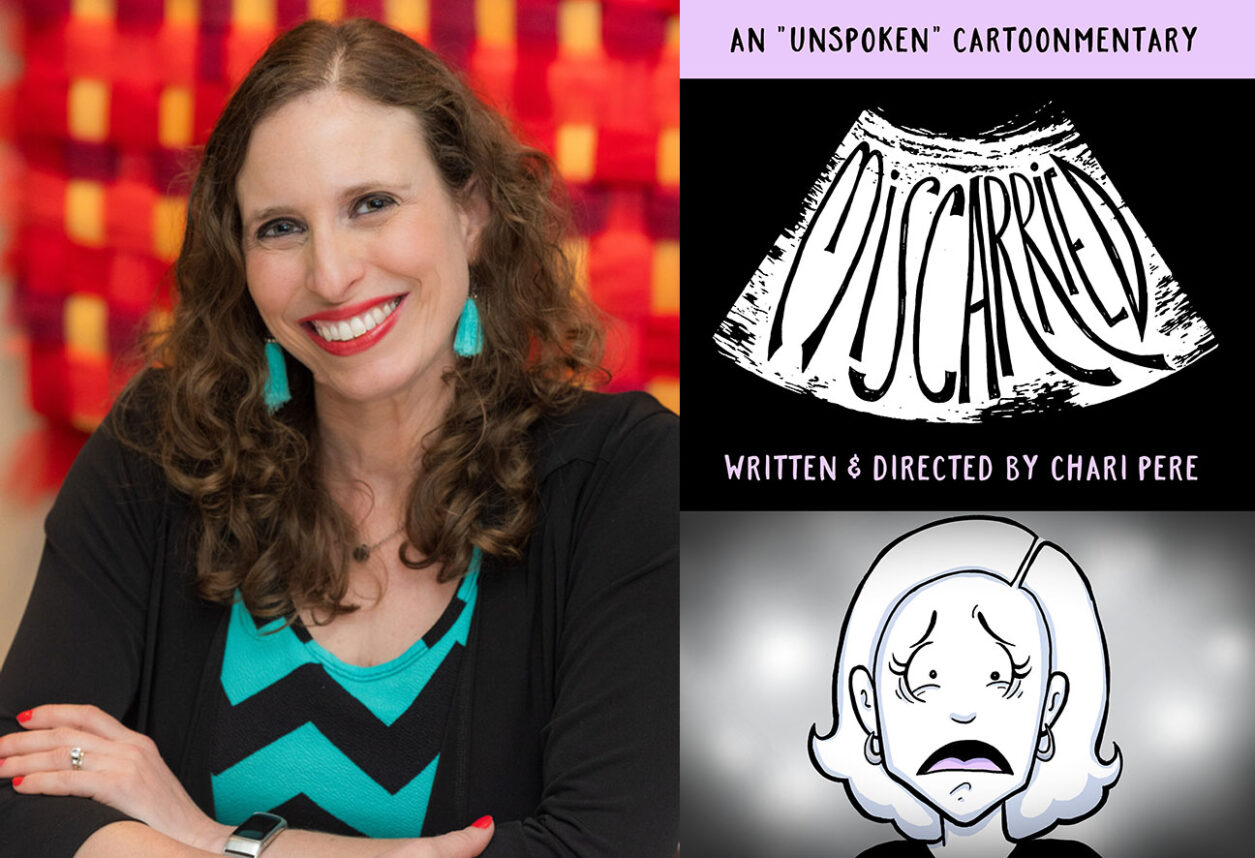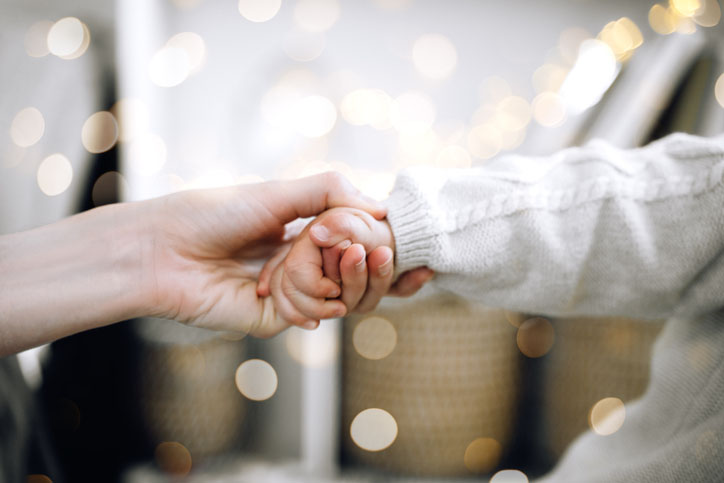While anti-Semitic incidents nationwide declined for the fourth straight year in 2008, attacks on Jews jumped 21 percent in California according to an annual audit released Monday by the Anti-Defamation League.
Leading the way in the Golden State, where reported incidents were up from 186 in 2007 to 226 last year, were a number of high-profile incidents across Los Angeles, particularly the firebombing of The New JCC at Milken in West Hills, vandalism of two upscale Jewish homes in Encino and Tarzana, complete with “F—- Jews” and “Burns Jews” spray-painted on the residential walls, and a brutal attack on an Orthodox man walking home in North Hollywood, whom assailants called a “dirty Jew” while they hit him. Additionally, a swastika was painted onto the door of a Jewish middle-school teacher’s classroom after students read “The Diary of Anne Frank.”
“This is not in terms of numbers an all-time high; there were no murders; it is not a sign we are seeing some terribly disastrous trend,” Amanda Susskind, ADL regional director, said in an interview. “But there were seven assaults, three on members of the Orthodox community. That is a serious thing.”
Susskind said she suspects that many of the incidents, particularly anti-Jewish graffiti, are being perpetrated by young adults.
“You wonder if those are the same kids [from] five years ago, when we started seeing this trend of swastikas on lockers at schools or calling kids ‘so Jewish,’” she said. “We need to catch it in its infancy before it grows into a more pernicious and pervasive hatred.”
Nationally, 1,352 anti-Semitic incidents were reported, including 37 physical assaults, 702 incidences of vandalism and 613 complaints of harassment. That represented a 7 percent decline from 2007 and about 74 percent of 2004’s high of 1,821 reported incidences.
“It is encouraging that the number of anti-Semitic incidents continues to decline, but the sheer volume of incidents reported and the violent nature of many of the physical assaults is a reminder that we cannot be complacent,” ADL National Director Abraham H. Foxman said in a statement. “Had law enforcement not thwarted the alleged terrorist bombing plot against synagogues in Riverdale, New York, it would have been a horrific anti-Semitic attack.”
— Brad A. Greenberg, Senior Writer
State Senate Hearing on Madoff Losses
Marcia Cholodenko and her husband, Paul, had worked long and hard to enjoy their golden years. They thought they had saved wisely, but on Dec. 11, 2008, they learned they were among the many victims of Bernard Madoff.
His massive Ponzi scheme, to which he pleaded guilty in March and is awaiting sentencing of up to 150 years, stripped Marcia, 72, and Paul, 80, of their savings. Even buying toys for their grandchildren became difficult.
“This is not how we planned to spend these years of our lives,” Marcia Cholodenko said May 28 at the Skirball Cultrual Center.
The Cholodenkos were among about 60 Californians who attended a Madoff-related hearing by the state Senate Select Committee on Investment and Malfeasance. The group constituted a small fraction of Madoff’s California casualties, and all have paid heavy state income taxes on investment profits that never really existed. The purpose of the hearing was to determine what might be done for these individuals.
“We are imploring you people to get the state to give our money back,” said Cholodenko, a retired Los Angeles schools employee. “That was just phantom money.”
Although some of Madoff’s victims have resources beyond their investments in the fund, the individuals who spoke at the Senate hearing were not among them. Many are now scraping to get by.
“Steven Spielberg isn’t here tonight. Larry King isn’t here tonight. Jeffrey Katzenberg isn’t here tonight. Kevin Bacon isn’t here tonight. Tonight are the faces of real folks behind the fraud,” said Sen. Dean Florez, the Senate majority leader and chair of the select committee. “The media has focused on those four individuals, but there are thousands more who were affected by the scandal, and the state needs to hear their voices.”
Florez added: “I don’t think the state of California should participate in victimizing folks twice.”
But returning money paid in taxes isn’t so simple. While the federal Internal Revenue Service has published guidelines allowing Madoff investors to recover up to 95 percent of federal taxes paid on related income during the previous five years, California’s Franchise Tax Board has no such provision.
“We have a federal-state difference,” said Terry Collins, an attorney for the Franchise Tax Board. He added that the state’s legislature would need to pass a law allowing Madoff investors to recover state taxes paid on that income.
No such bill has been filed to date, and another hearing is being scheduled for Sacramento.
— Brad A. Greenberg, Senior Writer
Koretz Claims Win in 5th District
Paul Koretz’s apparent win in Los Angeles’ 5th District City Council seat may not be confirmed by the L.A. County registrar’s office yet, but Koretz told his supporters on May 26 that the seat is his. Analyzing his strengths and weaknesses in the race in an interview with The Journal, Koretz said the backing of such political heavyweights as Supervisor Zev Yaroslavsky and Congressman Henry Waxman helped, along with the labor unions and small-business associations. His own Jewish background and involvement in the community were obvious advantages in the heavily Jewish district, but
What made the race so tight, he believes, was the district’s tradition of electing fresh and “outsider” candidates, and Vahedi’s energetic campaign had some success in casting Koretz as the political insider. Added to that, Koretz said, were the highly unpopular tax measures on the same ballot and general disgust with the state legislature, which might have spilled over into antagonism against Koretz as a former state assemblyman.
By contrast, in the city attorney’s race, there was no doubt about the come-from-behind victory of Carmen “Nuch” Trutanich, who defeated outgoing City Councilman Jack Weiss by more than 11 percentage points. Weiss did not respond directly to requests for comments, but his spokeswoman, Lisa Hansen, e-mailed the following statement: “ Councilman Jack Weiss is grateful for the friendship and support of so many people in the Jewish community and throughout the city over the last eight years, and he wishes Paul Koretz and everyone in city government the best in the years to come.”
— Tom Tugend, Contributing Editor
Group Honors Victims of 1999 JCC Shooting
In the 15 years since former Los Angeles Police Commissioner Ann Reiss Lane founded Women Against Gun Violence, which celebrated its Courageous Leadership Awards Brunch on May 31 at the Skirball Cultural Center, the organization has made a measurable dent in the city’s crime statistics by targeting the suppliers of weapons to this once firearms-obsessed region, taking on the NRA and Charlton Heston, as well as promoting legislation, such as the 1996 West Hollywood Initiative that banned the sale of “Saturday Night Specials.”
Now the organization is following the bullets that come out of those guns. The audience — including Sheriff Lee Baca, City Councilman-elect Paul Koretz, some gunshot-wounded volunteers from the Homeboy Industries and other likeminded attendees — came to honor survivors of the 1999 North Valley Jewish Community Center shooting Mindy Finkelstein and Josh Stepakoff and paralyzed LAPD officer Kristina Ripatti. Keynote speaker Assemblyman Kevin De Léon called for support passage of his “Ammunition Background Check Bill” (AB 962) coming before the California State Assembly this week.
“We have great laws on the books about firearms, and they have done much to reduce the level of violence in this city,” De Léon said, “but the same regulation doesn’t apply to the ammunition. You can walk into any store and buy bullets — you just have to look 18. You can buy a loaf of bread, some laundry detergent and a .38 caliber bullet.”
He explained that while law enforcement can track info about who buys guns, “we don’t have a registry for people who buy handgun ammunition.” He urged regulation of the sale and distribution of handgun ammunition, citing statistics from a 2006 RAND Corporation study that in California, where firearms outnumber people, felons and others prohibited from possessing firearms were able to purchase 10,050 rounds of ammunition in just two months in the city of Los Angeles.
Ann Reiss Lane was inspired to found the organization, she says, at the urging of her friend, feminist Betty Friedan. “Back in 1993, while I was the police commissioner in the Bradley administration, the weapons manufacturers conducted an ad campaign that was appealing particularly to women,” she said. “The majority of gun-owners, of course, were men, but they were pushing the idea that it was fashionable and safe to sport a weapon. They were selling some models in pastel shades — the ad campaign showed guns laid out on furs and jewels. The message was, ‘be safe, pack a handgun.’
“When this ad campaign came out, Betty called me and said we should mobilize women’s organizations around the country. It’s the women who take responsibility for our communities, so we launched the organization in 1994, and we’re still doing good work today.”
Another way the organization pursues its mission of preventing gun violence through legislation, education, advocacy and community mobilization is its newest initiative, the Dodgin’ the Bullet Project, aimed at educating middle school students about issues related to guns in the home, suicide prevention and bullying by suggesting ways to deal with them.
For more information about Dodgin’ the Bullet, visit gunssuck.org.
— Noë Gold, Contributing Writer
JTN Productions Receives $1 Million Grant for Jewish Virtual Portal
JTN Productions has been awarded a $1 million grant from the Jewish Community Foundation (JCF), the charitable asset manager announced Tuesday.
The grant, one of many JTN Productions has received from the JCF over the last two decades, will be used to create Virtual JLA, an online portal for Jewish programming that, according to JTN, “aims to fuel the democratization of Jewish knowledge, prayer, celebration, and community, as well as to let all Jews access the best local resources to discover a connection with Judaism that is both individual and communal.”
Content will include original programming and programming co-produced with other institutions, user-generated material and online classes and text study, live community events and religious services and celebrations.
“We’re hoping that this major grant and the foundation’s sustained best efforts and support will help us leverage this gift into future funding for Virtual JLA so that we can reach out to Jews and non-Jews of all ages and backgrounds throughout Southern California, across the country and around the world,” Jay Sanderson, JTN CEO, said in a prepared statement. “We intend to be the center for Jewish life on the Web.”
— Brad A. Greenberg, Senior Writer
Cantors Sing for Life
Some of Los Angeles’ top cantors gathered for the “Cantors Sing for Life” concert held at Congregation Beth Israel on May 31 to honor the Lodzer Organization for its contributions to Magen David Adom, Israel’s emergency response service, and its dedication to saving lives in Israel.
“Ambulances are color blind,” remarked Harry Eisen, president of the Lodzer Organization, to the 300 people seated in the large chapel, mostly members of Lodzer, an L.A.-based charitable organization founded by survivors of the Lodz ghetto and now representing Holocaust survivors from across Europe. “They’re brought into service for civilians, soldiers, the rich and the poor, the young and the old.”
Brother-and-sister team Cantor Marcelo Gindlin of the Malibu Jewish Center and Cantor Mariana Gindlin of Temple Sinai of Glendale produced a lineup of “feel-good” Israeli and liturgical classics, with performances by father-and-son team Cantors Steven and Herschel Walfish of Congregation Beth Israel; Cantor Linda Kates of Stephen S. Wise; Chazzan Danny Maseng of Temple Israel of Hollywood; and Rabbi Cantor Alison Wissot of Temple Judea.
— Orit Arfa, Contributing Writer





















 More news and opinions than at a Shabbat dinner, right in your inbox.
More news and opinions than at a Shabbat dinner, right in your inbox.